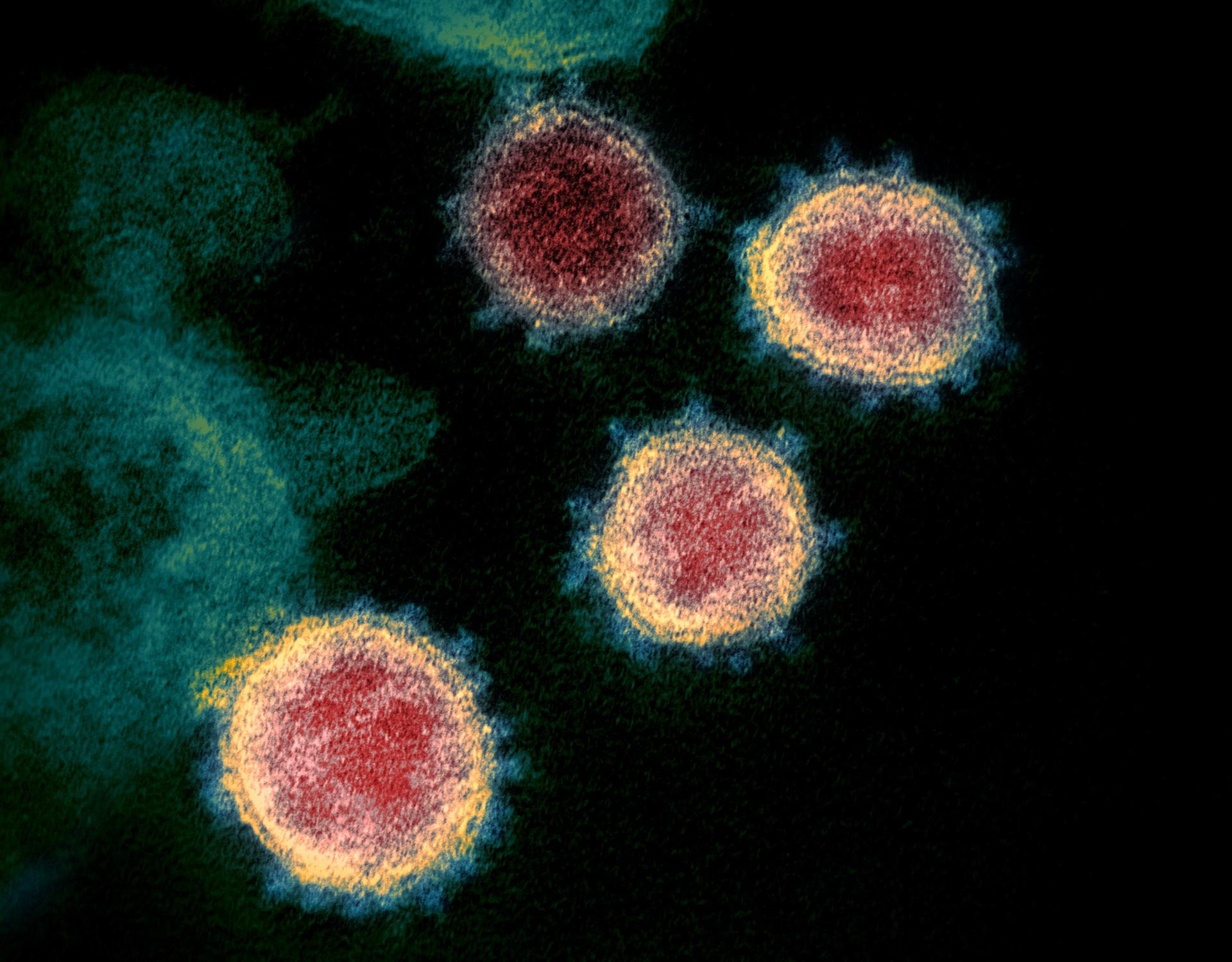Evaluation of electropolymerized molecularly imprinted polymers (E-MIPs) on disposable electrodes for detection of SARS-CoV-2 in saliva
We investigate electropolymerized molecularly imprinted polymers (E-MIPs) for the selective recognition of SARS-CoV-2 whole virus. E-MIPs imprinted with SARS-CoV-2 pseudoparticles (pps) were electrochemically deposited onto screen printed electrodes by reductive electropolymerization, using the water-soluble N-hydroxmethylacrylamide (NHMA) as functional monomer and crosslinked with N,N′-methylenebisacrylamide (MBAm). E-MIPs for SARS-CoV-2 showed selectivity for template SARS-CoV-2 pps, with an imprinting factor of 3:1, and specificity (significance = 0.06) when cross-reacted with other respiratory viruses. E-MIPs detected the presence of SARS-CoV-2 pps in <10 min with a limit of detection of 4.9 log10 pfu/mL, suggesting their suitability for detection of SARS-CoV-2 with minimal sample preparation. Using electrochemical impedance spectroscopy (EIS) and principal component analysis (PCA), the capture of SARS-CoV-2 from real patient saliva samples was also evaluated. Fifteen confirmed COVID-19 positive and nine COVID-19 negative saliva samples were compared against the established loop-mediated isothermal nucleic acid amplification (LAMP) technique used by the UK National Health Service. EIS data demonstrated a PCA discrimination between positive and negative LAMP samples. A threshold real impedance signal (ZRe) ≫ 4000 Ω and a corresponding charge transfer resistance (RCT) ≫ 6000 Ω was indicative of absence of virus (COVID-19 negative) in agreement with values obtained for our control non-imprinted polymer control. A ZRe at or below a threshold value of 600 Ω with a corresponding RCT of <1200 Ω was indicative of a COVID-19 positive sample. The presence of virus was confirmed by treatment of E-MIPs with a SARS-CoV-2 specific monoclonal antibody.

